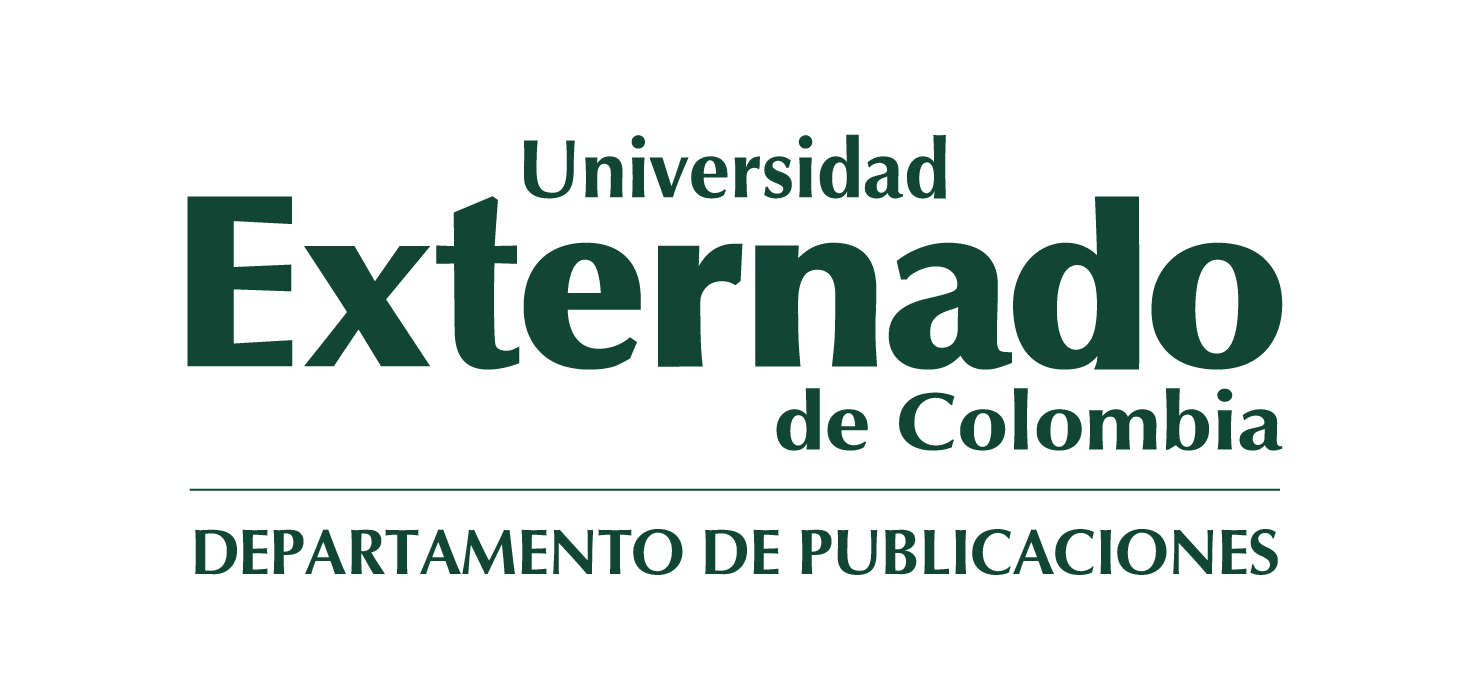The conceptual, normative and comparative analysis of human dignity within the law is not very frequent, despite the fact that its protection and promotion are increasingly demanded in practice. Indefinition brings incoherence and incorrect applications of such a powerful expression within legal language. In this work, the legal-normative nature of human dignity is not denied, nor are absolutist positions defended in which it is taken as the value that founds every legal system or that imposes perfectionism on the subject, or in which it determines sovereignly, duty arises from the feeling of unworthiness. After exploring its moral, cultural and linguistic context, it is argued that human dignity has a constant conceptual and normative meaning that allows it to be the object of a legal norm of objective fundamental right, endowed with specificity. It is intended to guarantee equal respect and consideration for the human person through negative and positive protections against the risk of cruel, inhuman or degrading treatment, subjugation and instrumentalization, or extermination and exclusion. This norm is developed gradually, starting from conventional and constitutional law, but its scope and specific normative meanings challenge other legal disciplines.
La dignidad humana como norma de derecho fundamental
Impreso bajo demanda
Impreso
eBook
-

-
Bernardo Carvajal Sánchez
-
Doctor en Derecho de la Escuela de Derecho de la Sorbona (Universidad Paris 1 Panthéon-Sorbonne), Francia. Magíster en Teoría de la Persona en el Derecho de la Universidad Paris 1 Panthéon-Sorbonne, en asocio con la Escuela de Altos Estudios en Ciencias Sociales, Francia. Especialista en Derecho Constitucional de la Universidad Panthéon-Assas Paris 2, Francia. Especialista en Legislación Financiera de la Universidad de los Andes, Colombia. Abogado de la Universidad Externado de Colombia.
-
Impreso
Catálogo Universidad Externado:



